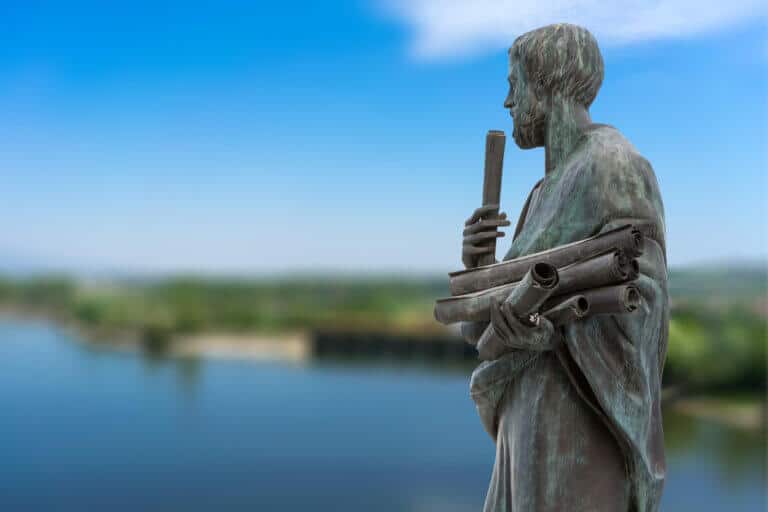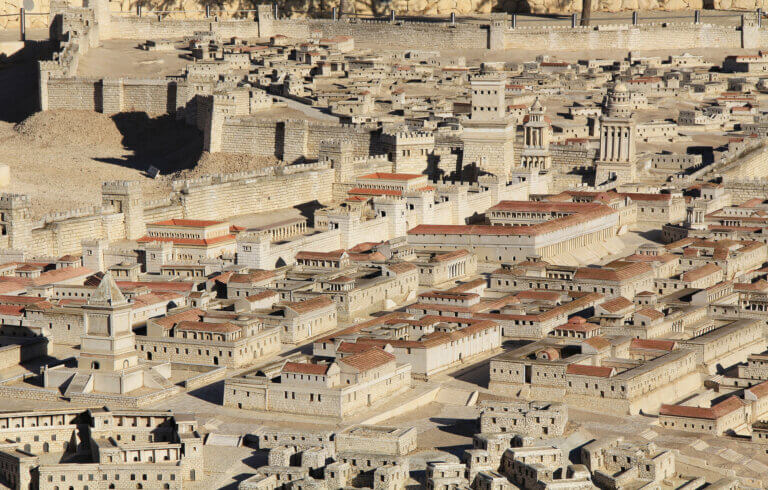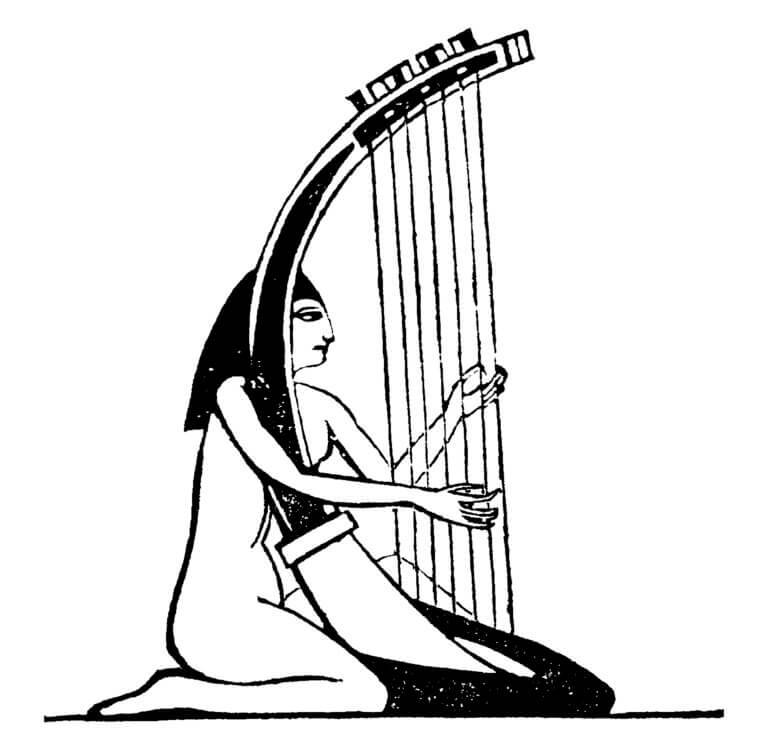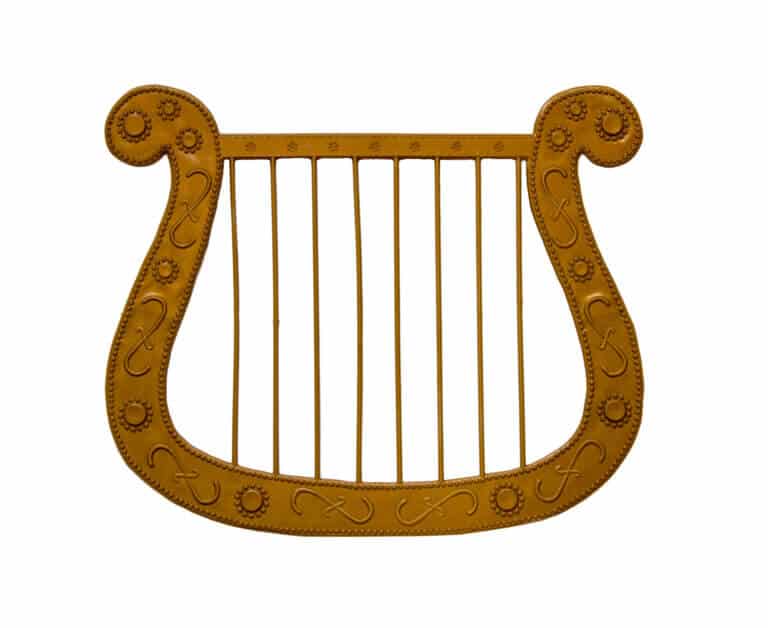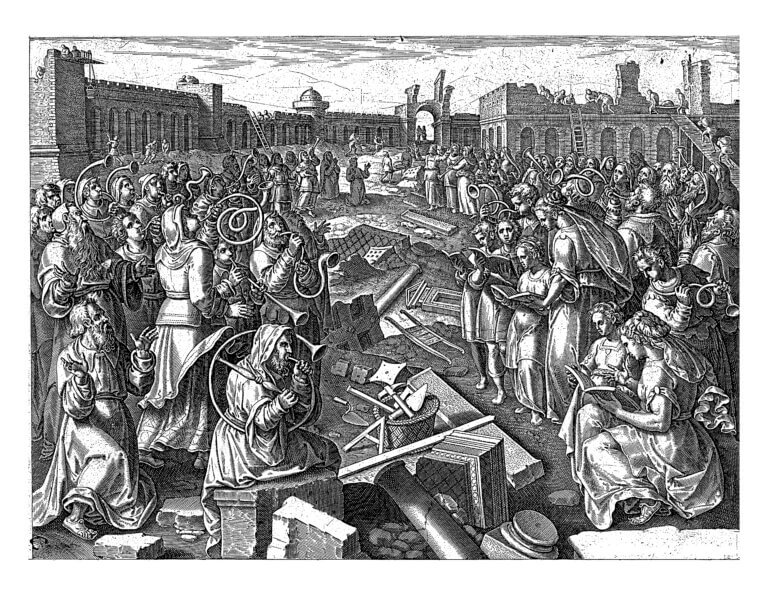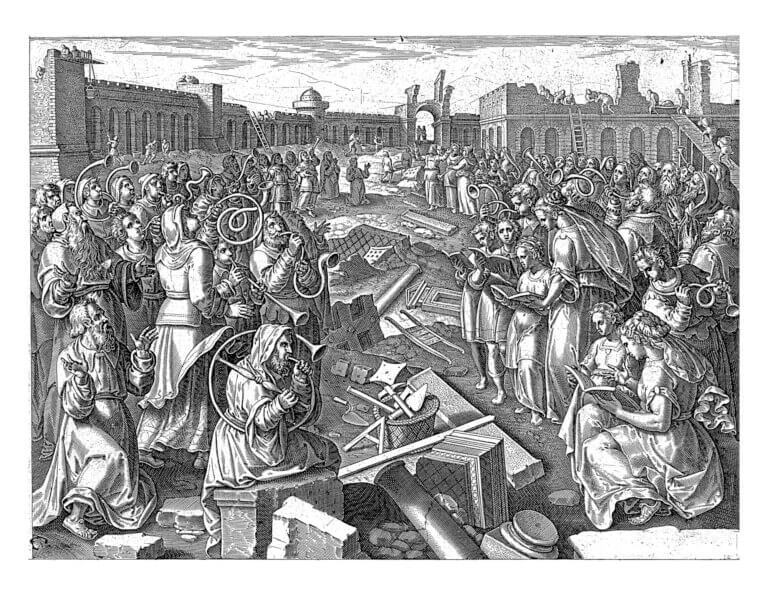Hayadan > Music
Music
- Dr. Yahyam whistles
- July 29, 2023
- One response
It has already been mentioned several times the brave connection forged between Greek and Hellenistic philosophy and music - the Pythagorean school that attributed a supreme moral value to music, the Platonic school that insisted on the relationship between music and human nature and moral condition, and similarly the Aristotelian school. These philosophies penetrated Judea during the days of Roman rule
- Dr. Yahyam whistles
- April 29, 2022
- One response
In the past we pointed to the important family element found in the temple's musical system. This phenomenon was common in neighboring Egypt and Mesopotamia. So much so that it took shape towards the establishment of musical guilds with a family foundation. Turns out there were a lot of musical roles
- Dr. Yahyam whistles
- April 27, 2022
- 2 תגובות
From harp and violin, through bells, trumpets and of course up to trumpets - each instrument had special instructions during the Second Temple period
- Dr. Yahyam whistles
- March 12, 2022
- No comments
In the second temple in Jerusalem, sacrifices were made, twice a day, for the peace of the emperor and the peace of Rome, as a practice that spread from the time of the emperor Augustus onwards - a period corresponding to the reign of King Herod) and was associated with bravery in music, in a way that until then was considered as foreign worship
- Dr. Yahyam whistles
- October 22, 2021
- 4 תגובות
The Second Temple was characterized by musical accompaniment to the hymns of praise, and musical ceremonies intended for the pilgrims
- Dr. Yahyam whistles
- June 26, 2021
- 3 תגובות
This series deals with music and the historical foundations woven together in the fabric of both general and vocal music from the return of Zion to the fourth century AD, while alongside the question: what they sang, what they played and on what instruments, the treatment of the political, economic, social foundations stands out, and certainly the religious and ritual ones acted at the forefront of the musical stage and within it

